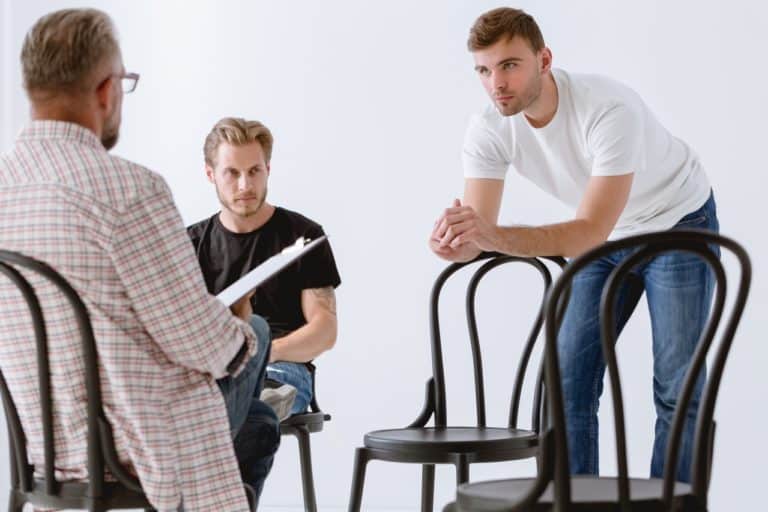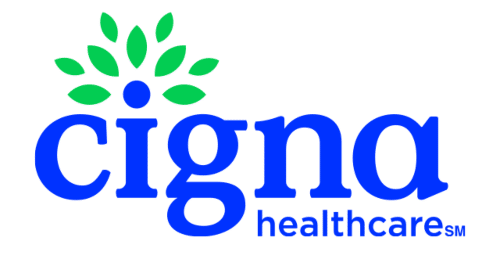Our Costa Mesa Marijuana Rehab
Marijuana Addiction Treatment in Orange County
The most common illicit drug in the United States is marijuana. Delta-9-tetrahydrocannabinol (THC) is the primary compound in marijuana that has psychoactive and addictive properties.
An individual suffering from marijuana dependence, medically known as cannabis use disorder, is likely to experience significant negative effects and may require comprehensive treatment. Without such treatment, someone who has become addicted to marijuana runs the risk of suffering physical or psychological harm.
At Safe & Sound Treatment in Costa Mesa, we understand the different ways that marijuana abuse and addiction can interfere with someone’s life. We have created specialized programs that have been proven to help the men and women in Orange County overcome their dependency on marijuana and develop lifestyle changes to reach long-term recovery.
Marijuana Addiction
Pot, weed, reefer, tree, among others, are slang terms for marijuana. Marijuana can impair time and space perceptions, stimulate appetite, and produce feelings of detachment and relaxation.
Despite the fact that marijuana possession laws have been relaxed or even eliminated in many states — many people mistakenly believe marijuana is harmless. However, marijuana abuse can result in very real hazards, including addiction.
Although Marijuana is not physically addictive like most drugs, continued use can cause strong psychological addiction.
The Effects of Marijuana Abuse
When someone smokes or ingests marijuana, THC passes through the bloodstream. The THC then binds to the brain’s endocannabinoid receptors, causing a “high.”
The endocannabinoid system plays an important role in brain and bodily functions and development. Such functions include mood regulation, cognitive function, learning, memory, reproduction, sleep, and more.
- Altered state of mind
- Impaired motor skills
- Problems thinking and problem-solving
- Learning difficulty and short term memory impairment
- Increased appetite
Research shows that heavy marijuana use tends to report lower life satisfaction, poor mental health, relationship problems, and less career success than compared to non-users.
- Daily cough
- Acute Chess illnesses
- Higher risk of lung infections
- Immune system deterioration
- Brain cell death and central nervous system complications
Getting Off Marijuana
Getting off marijuana can require a behavioral change. Undergoing behavioral therapy can help a person better understand the way their addiction is affecting them.
Cognitive-behavioral therapy (CBT) is a staple in recovery and mental health. It is widely used in conditions like depression, anxiety, and substance use disorders. CBT teaches people to find balance between their thoughts, feelings, behaviors and increase their self-awareness. Because of this, it is an effective approach for the many people who have co-occurring disorders alongside their addiction.
Support groups are another popular and effective way for someone to get help. Marijuana Anonymous (MA) is a great option for those looking for like-minded people to share their struggles with. Unfortunately, many communities do not offer MA. Those recovering from marijuana addiction may be able to find adequate support from Narcotics Anonymous meetings, as NA is a much larger community.
Get Marijuana Rehab in Costa Mesa
If you’re looking for a treatment program that incorporates both standard medical practices and holistic healthcare, call Safe & Sound Treatment.
Our Marijuana Rehab in Costa Mesa, CA offers comprehensive care that treats you as a whole person. Being able to address drinking is one thing, but addressing the underlying causes of addiction is where people truly find recovery.
If you or your loved one need a safe space to beat marijuana addiction, contact us today for a caring and confidential evaluation.
Contact Us Today
FAQ's
While some may view marijuana as less addictive, individuals struggling with dependence can benefit from rehab, which provides tools and support to overcome addiction and address underlying issues.
Marijuana rehab can include behavioral therapy, counseling, support groups, and education on the effects of marijuana use. The goal is to develop healthier coping mechanisms and a substance-free lifestyle.
Yes, detox is part of the rehab process for those with a physical dependence on marijuana. Symptoms are generally milder compared to other substances but can include irritability, sleep disturbances, and cravings.
The length of marijuana rehab varies depending on the individual’s needs, with programs ranging from 30 days to several months for more intensive support.
After completing rehab, ongoing support is crucial to prevent relapse. This may include continued therapy, support groups, and lifestyle changes to support sobriety.









